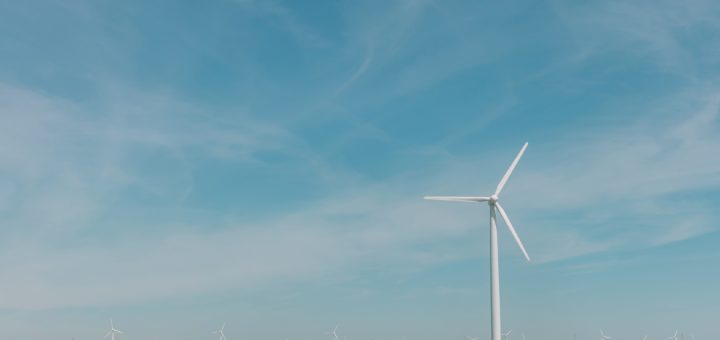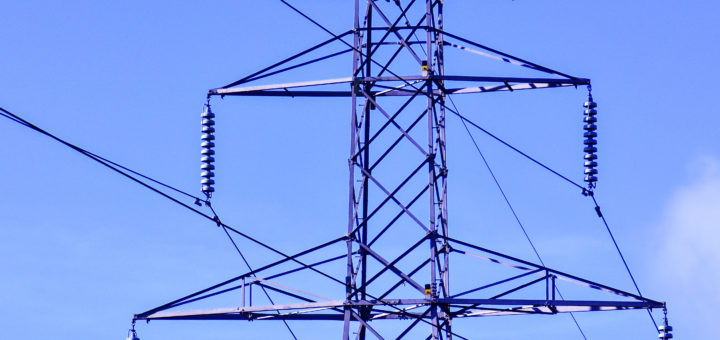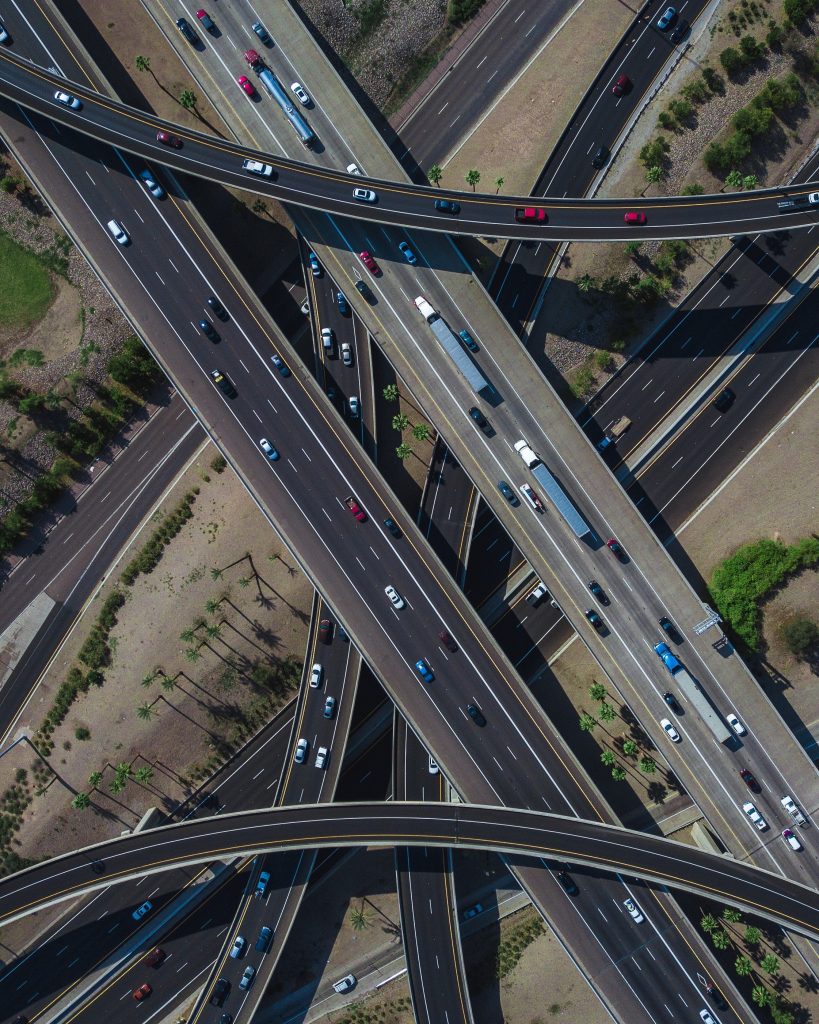The International Panel on Climate Change (IPCC) has presented scenarios based on observation of impacts from climate change. TRANSrisk combines modelling tools with input from stakeholders to develop climate models by developing an quantified quantitative four stage analysis and gives conclusions from the analysis results for mitigation scenarios.
Ellie Leftley
A significant proportion of Eastern Africa is a relatively poor with a predominately rural population and lack access to modern energy services. Reliance on traditional biomass has created severe problems for both the environment and the health of the population: improved access to cleaner fuels would solve this and achieve multiple policy goals. The Global Change Assessment Model (GCAM) is utilised to simulate future scenarios. The study suggests the optimal subsidy policy implementation and recommendations.
In 2008, the Climate Change Act was established in the UK, committing to achieve 80% GHG emission reduction by 2050 compared to 1990. The UK electricity supply will need to be largely decarbonised by around 2030. The UK Government has supported both the development of renewable energy and nuclear power, but more the focus on the latter. There has been wide-ranging interest in the possibility of Small Modular Reactors (SMRs), but also risk and uncertainties.
Many European countries has committed to reducing greenhouse gas emissions by 80-95% in 2050, relative to 1990 emission levels as part of the Paris Agreement which set an international ambition to combat climate change. Agriculture contributed 13% of the Netherlands’ total greenhouse gas emissions in 2016 from various soruces. Within the livestock sector, GHG emission reductions will need to be viable from an economic perspective but also meet social and environmental standards.
Part of the transformation to meet climate change mitigation goals will be a reduction in GHG emissions from the energy sector in the EU and Member States. This may involve large economic costs, particularly for investments. The ‘carbon bubble’ is a major financial concern, which may arise through the transition into a low carbon economy. Analysis suggests that investors’ risk perceptions of renewables have more of an impact than the perceived risk of fossil fuels.
The transport sector accounts for almost 1/4 of the EU’s total GHG emissions, and decarbonisation of the sector is therefore crucial. The use of electric powered transport is emerging as the most viable near-term solution to reduce CO2 emissions road transport. The falling costs of batteries means that Battery Electric Vehicles (BEVs) for personal use are becoming more cost competitive, so large potential for Electric Road Systems (ERS) but with substantial uncertainties in costs.






